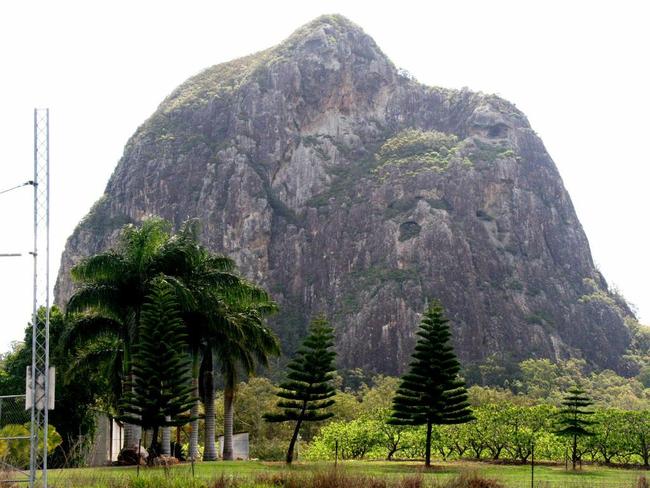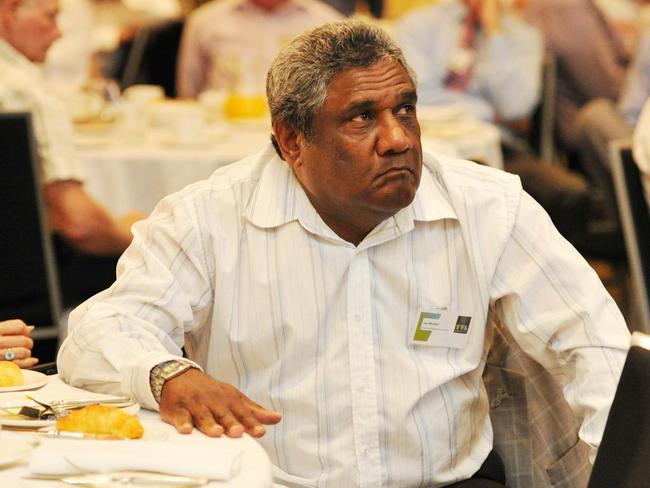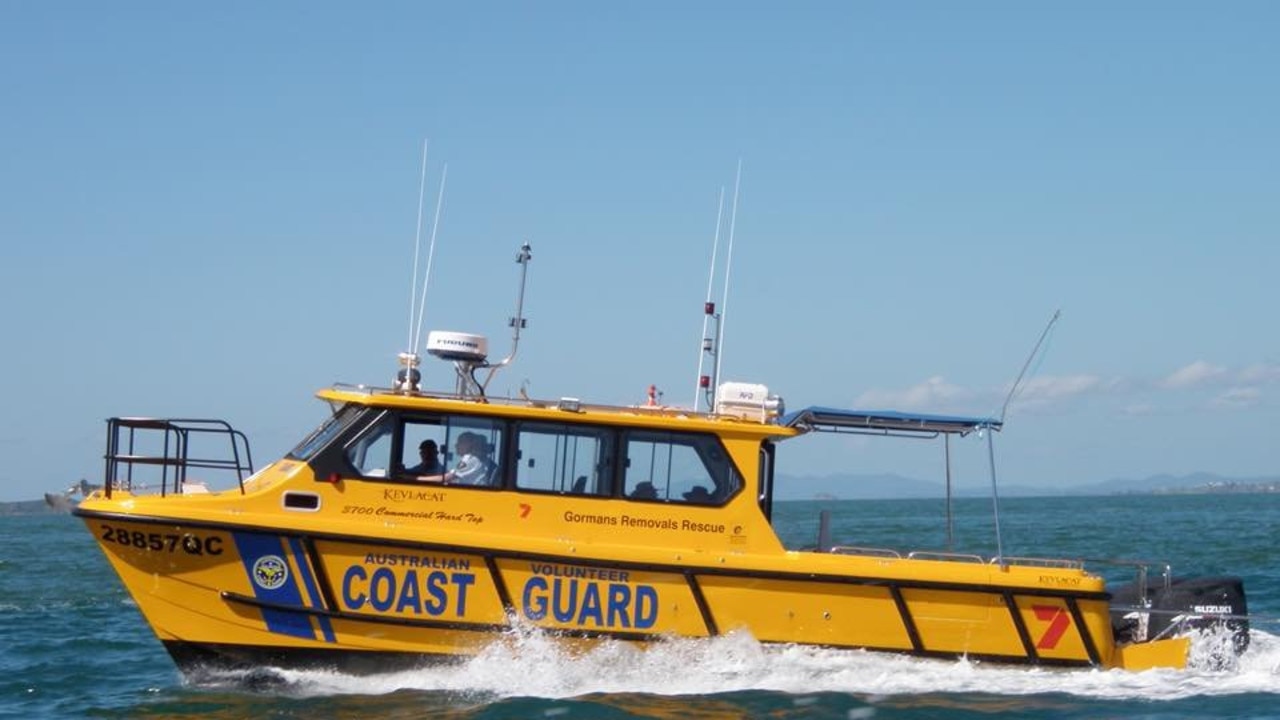Indigenous elders call for Uluru-style climbing ban on Sunshine Coast mountains
Sunshine Coast indigenous elders want to ban people climbing their sacred mountains but fear their cries will fall on deaf ears despite the groundbreaking Uluru closure.

SUNSHINE Coast indigenous elders want to ban people climbing their sacred mountains but fear their cries will fall on deaf ears despite the groundbreaking Uluru closure.
Senior elder of the Jinibara people Ken Murphy has been fighting with the Queensland Government for more than two decades to stop climbing of Mt Beerwah in the Glass House Mountains.
The Jinibara people were granted native title determination in 2012.
One of the rights granted by the Federal Court of Australia was to "maintain sites, objects, places and areas of significance to the native title holders under their traditional laws and customs and protect by lawful means those sites, objects, places and areas from physical harm or desecration".
Mr Murphy says requests to protect Mt Beerwah from the physical harm and desecration caused by climbers has fallen on deaf ears.

Other mountains sacred to indigenous Australians include Mt Tibrogargan and Mt Coolum.
In 1985, when Uluru was handed back to its traditional owners then-prime minister Bob Hawke promised climbing would be banned.
Yet it took 35 years before the rock was closed on Saturday.
Mr Murphy fears he is fighting a losing battle with daily adrenaline junkies flocking to the mountains to conquer the summit.
"It gives us jealousy. It makes us think 'OK, where to now?'," Mr Murphy said whether the closure of Uluru gave him confidence.
To the Jinibara people, Mt Beerwah is the mother of all the Glass House Mountains.
Some of the stories regarding the mountain are only passed down through from elder to elder and cannot be put in print but Mr Murphy said it held cultural significance over all others.
"It's the mother mountain. It is a sacred site. It's where the birthing places were, that's the main thing, not for people to climb and take videos up," Mr Murphy said.

"You see the climbers with their lightweight gear drilling into her and scarring the mountain.
"People climb up her for photos and 'yahoo and carry on'. A lot aren't culturally aware and we can't stop them."
Mr Murphy says it's been a "bloody hard" battle with the Federal Government and one the 73-year-old doesn't know if he will achieve in his lifetime.
Kabi Kabi elder Les Muckan whose family are the traditional owners of Mt Coolum said his father told him stories of how sacred it was.
He was unwilling to share that knowledge as he doesn't think they're acknowledged or recognised by the daily climbers.
"I look at it, if people don't acknowledge or recognise them now, what will it take?" Mr Muckan said.
"A lot of people shy away from sharing their stories because the mountain is not protected."
Much like Uluru, Mr Muckan said a main concern with the mountain was the safety of it.
At least seven people have been rescued from the walking track so far this year.
"Every rescue costs taxpayer money and the rescued people are the lucky ones - what happens if someone climbs up and are not so lucky?" he said.
Environment Minister Leeanne Enoch said there were no plans in place at this stage to close Mt Beerwah to climbers.
"The closure of Uluru marks an important turning point in Australia's understanding of First Nations Peoples' culture, history and aspirations, and the protection of culturally significant sites that traditional owners have cared for, for thousands of generations," Ms Enoch said.
"Here in Queensland, the Palaszczuk Government continues to work in partnership with traditional owners. Conversations about how best to protect culturally significant sites are ongoing.
"In the management of National Parks, the Palaszczuk Government works in partnership with traditional owners.
"Traditional owners would be a partner in any decision made regarding a closure."
Originally published as Indigenous elders call for Uluru-style climbing ban on Sunshine Coast mountains


